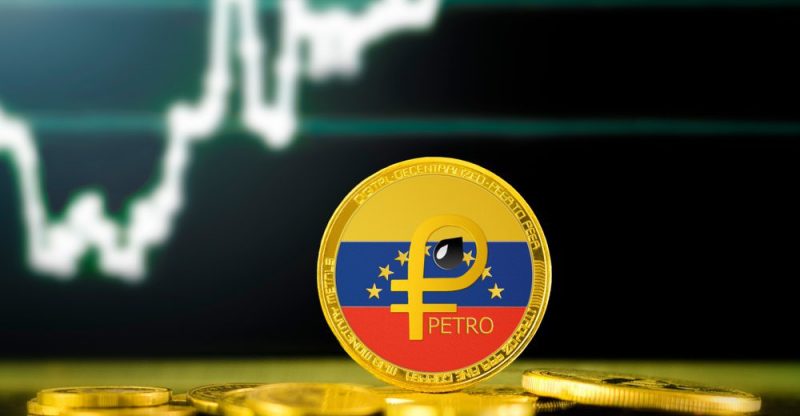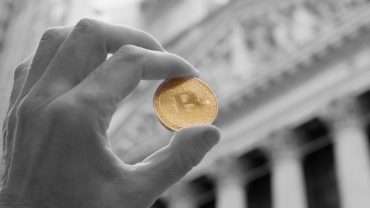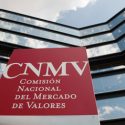Russian Bank Helps To Improve Venezuela’s Oil-Backed Crypto Petro
The Petro (PTR), Venezuela’s oil-backed cryptocurrency gives credit for its existence to a little-known Russian bank, Evrofinance Mosnarbank, which as quite recently comes as the only international financial institution ready to go against the US’ sanctions against the South American nation.
According to reports, first, potential Petro investors who registered with Venezuela’s government and downloaded the cryptocurrency’s wallet were called to buy it by wiring at least €1,000 (about $1,190) to a government-owned account at Evrofinance. From the look of things, the bank’s role brings the Petro’s launch closer with Russia.
Reports claim that Russia discreetly assisted Venezuela to launch the oil-backed cryptocurrency, while a Russian official denies the country’s connection.
In particular, Evrofinance’s biggest shareholders are two state-controlled Russian banks-sanctioned following Russia’s takeover of Crimea- and Venezuelan leader Nicolas Maduro, as the country’s government bought a 49% share in 2011.
The Russian Association of Cryptocurrency and Blockchain awarded the Venezuelan government the Satoshi Nakamoto prize, while Russia’s connection is being discussed.
The former head of the US Justice Department’s bank integrity unit, Claiborne W. Porter stated that the country is gradually gaining exile status with the European Union and the US. Porter noted:
“Like kids on the playground, Venezuela and Russia think they are fighting a common bully in U.S. sanctions, so they’re going to try and form a united front.”
In past, Venezuela had received billions in debt relief from Russia and is a leading investor in the country’s oil industry.
Even though it is not certain as to how many Petros the Venezuelan government has sold, for now, Maduro has stated the cryptocurrency’s pre-sale came up with $5 billion. However, these figures don’t add up. Besides, most foreigners believe that the oil-backed cryptocurrency is not of primary interest to them, and the existing think tank Brookings Institute has claimed it weakens genuine cryptocurrencies.
Based on reports, popular cryptocurrency exchanges such as Bitfinex have avoided getting involved, on the bases of going against sanctions. Expert’s state criminals would be keen in the Petro. Alejandro Machado, a Venezuelan-born computer scientist, and cryptocurrency startup consultant noted:
“An overwhelming majority of ICOs don’t deliver on what they promise because their promoters are outright scammers or fall short on technical expertise. In the case of the Venezuelan government, both reasons apply.”





